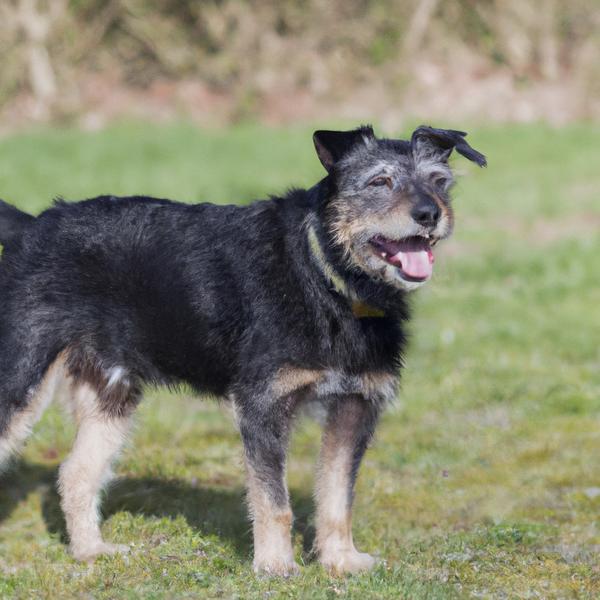Brusston vs. Clumber Lab: Breed Differences and Similarities
Hypoallergenic
Are Brusstons or Clumber Labs hypoallergenic, or neither?
Unfortunately, neither Brusston nor Clumber Lab are hypoallergenic, which may not make them the best choice for dog lovers who suffer from pet allergies.
Temperament
What are the personalities of Brusston and Clumber Lab dogs?
Playful
Alert
Sensitive
Intelligent
Friendly
Affectionate
Lively
Gentle
Inquisitive
Aggressive
Selfish
Watchful
Companionable
Playful
Loving
Dignified
Energetic
Alert
Intelligent
Friendly
Responsive
Affectionate
Loyal
Gentle
Going
Social
Cheerful
Calm
Hearted
Shedding Level
Do Brusstons shed more than Clumber Labs, or which breed sheds more, Brusstons or Clumber Labs?
Brusstons are low shedding dogs, requiring minimal coat care.
Clumber Labs are heavy shedders, but regular brushing can help manage shedding and promote a healthy coat.
Ancestry
What are the origins of Brusston and Clumber Lab breeds?
Boston Terrier and Brussels Griffon
Clumber Spaniel, Labrador Retriever
Breed recognition
Which kennel clubs recognize/register Brusston and Clumber Lab?
ACHC = American Canine Hybrid Club
DRA = Dog Registry of America, Inc.
DRA = Dog Registry of America, Inc.
Date of Birth
When were Brusston and Clumber Lab breeds first developed?
Unknown
Unknown
Eye Color Possibilites
What are the eye colors of Brusston and Clumber Lab dogs?
Brown
Brown
Nose Color Possibilites
What are the natural nose colors of Brusston and Clumber Lab?
Black
Black
Coat Color Possibilites
What are the natural colors of the coat for Brusston and Clumber Lab breeds?
Black
White
Brown
White
Black
Brown
Coat Length
What is the typical coat length for Brusston and Clumber Lab breeds?
Brusstons are known for their coat length.
Clumber Labs have coats that can be either short or medium in length.
Coat Density
What is the density of the coat of Brusston and Clumber Lab?
Coat Texture
What is the hair texture of Brusston and Clumber Lab?
Wiry
Wavy
Litter Size
What is the usual litter size for Brusston and Clumber Lab?
A Brusston can have a litter of 3-5 puppies on average. However, it's worth noting that the size of the litters can vary greatly. Factors that can influence litter size include the health of the mother, breeding history, and genetics.
A Clumber Lab can have a litter of 5-10 puppies on average. However, it's worth noting that the size of the litters can vary greatly. Factors that can influence litter size include the health of the mother, breeding history, and genetics.
Adaptability
Brusston and Clumber Labs are known for their adaptability and versatility. They are capable of adapting well to a wide range of lifestyle changes and living environments, making them great companions for families and individuals of all lifestyles.
Health Issues
Between Brusston and Clumber Lab, which breed is more prone to health problems?
Brusston and Clumber Lab breeds are generally considered to be healthy. However, like all breeds, they are susceptible to certain health issues and it is important to keep an eye out for them and address them with your veterinarian as needed.
Major Concerns
What are the major health concerns for Brusston and Clumber Lab breeds?
Brachycephalic Syndrome
Skeletal Deformities
Digestive
Eye Conditions
Minor Concerns
What minor health issues should be kept in mind when owning Brusston and Clumber Lab?
Patellar Luxation
Deafness
Demodicosis
Cherry Eye
Progressive Retinal Atrophy
Cataracts
Glaucoma
Hemivertebrae
Hydrocephalus
Atopic Dermatitis
Tricuspid Valve Dysplasia
Cleft Lip or Palate
Skeletal Deformities
Skin Disorders
Eye Conditions
Occasional Tests
What occasional tests are recommended for Brusston and Clumber Lab breeds?
Blood Test
Hip X-Rays
Dna Test For Pk
Eye Examination
Physical Examination
Neurological Examination
Urine and Blood Analysis
Internal Imaging (x-ray, CT scan, MRI, etc.)
Skin Biopsy
Ophthalmic Examination
Orthopedic Exam
Cardiac Test
Muscle Biopsy
Bone Biopsy
Social Needs
Brusston vs Clumber Lab social needs comparison
Brusston has above average social needs and thrives with interaction with humans and other dogs.
Clumber Lab has very high social needs and requires regular mental and physical stimulation, a job or purpose, and companionship.
Sleeping Need
Which of the two sleeps the most/least: Brusston or Clumber Lab?
Brusstons have moderate energy levels and typical sleep patterns of 12-14 hours per day.
Clumber Labs sleep less than other breeds but still need adequate sleep for good health.
Mouthiness
Mouthiness Comparison: Brusston vs Clumber Lab?
Roaming urge
Brusston vs Labrador: Running away tendency?
Prey Drive
Brusston or Clumber Lab - which breed has a higher level of prey drive?
Activity Level
Which breed has higher energy, Brusstons or Clumber Labs?
Brusstons are high-energy dogs. They need mental as well as physical exercise. These dogs require a lot of your involvement and without it they can, and will, become problematic dogs.
Clumber Labs are medium-energy dogs and typically enjoy socializing and playing casual or even sustained games of chase with other dogs. They may also have occasional periods of barking or racing around the house.
Tolerance of being left alone
Walks per Week
How many miles should Brusston or Clumber Lab walk each week?
Brusston and Clumber Lab generally need a minimum of 9 miles of walking per week, but it can be increased as long as they are comfortable with it.
Activity per Day
Do Brusstons or Clumber Labs require more exercise?
Both Brusston and Clumber Lab typically require a minimum of 60 minutes of exercise each day. The exercise can be spread throughout the day and may involve high-energy activities like walking, running, and playing.
Grooming
Which breed is easier to maintain in terms of grooming, Brusstons or Clumber Labs?
The Brusston requires an average amount of grooming compared to other breeds.
The Clumber Lab has low grooming needs and is easy to maintain.
Brushing Frequency
What is the recommended brushing frequency for Brusston and Clumber Lab dogs?
Brusston and Clumber Lab should be brushed at least once a week. Of course, you can give them more frequent brushes if you find that they are still shedding a lot.
Brushing Tools
What brushing tools are used for Brusstons and Clumber Labs?
Slicker Brush
Comb
Scissors
Nail Clipper
Pin Brush
Slicker Brush
Scissors
Nail Clipper
Cups
How much food should be given to Brusston or Clumber Lab in cups?
For an average 10-25 pound (5 - 11 kg) Brusston feed 1 cups daily. But, keep in mind, the amount you feed is going to be dependent on the quality of the food you are feeding.
For an average 65-80 pound (29 - 36 kg) Clumber Lab feed 3 cups daily. But, keep in mind, the amount you feed is going to be dependent on the quality of the food you are feeding.
Daily Cost
Which breed has a higher daily cost, Brusston or Clumber Lab?
The average cost of a Brusston is somewhere $1.10 - $1.40 per day.
The average cost of a Clumber Lab is somewhere $1.70 - $2.00 per day.
Monthly Cost
Which breed has a higher monthly cost, Brusston or Clumber Lab?
The average per month expenses of a Brusston is between $35 - $42. This makes an average of $420 - $504 per year. It will be on the higher side when the dog is still small because it will need more frequent visits to the vet, shots.
The average per month expenses of a Clumber Lab is between $48 - $63. This makes an average of $576 - $756 per year. It will be on the higher side when the dog is still small because it will need more frequent visits to the vet, shots.
Sensitivity Level
How do Brusston and Clumber Lab compare in sensitivity?
These dog breeds are particularly attuned to its environment and the emotions of those around it. Brusston and Clumber Lab can be easily overwhelmed by loud noises, new environments, unfamiliar people, or animals. This dog breed is best suited for individuals or families who are patient, gentle, and understanding of its sensitive nature. It may also benefit from a calm and stable home environment, with a consistent routine and plenty of positive reinforcement training.
Apartment Friendly
Which breed is more apartment-friendly: Brusston or Clumber Lab?
Brusstons make excellent apartment dogs, being fairly active indoors and not requiring a yard.
Clumber Labs are good apartment dogs as long as they get enough exercise and stimulation outside of the apartment.
Child Friendly
Do Brusstons or Clumber Labs have a friendlier temperament towards children?
Brusstons have an average level of friendliness towards children.
Clumber Labs make excellent family pets for kids due to their gentle, protective nature and calm temperament.
Senior-friendly
Which dog is more suitable as a pet for the elderly - Brusston or Clumber Lab?
Cat Friendly
Do Brusston or Clumber Lab breeds have a better compatibility with cats?
Brusstons are very friendly with cats and make great companions for them.
Clumber Labs are good with cats, but early training is needed to prevent chasing behavior.
Dog Friendly
Which breed is more sociable with other dogs: Brusston or Clumber Lab?
Brusstons are friendly and active companions, and can be good family pets, though their friendliness towards other dogs may vary.
Clumber Labs are generally very friendly towards other dogs, with a happy and affectionate temperament.
Pet friendly
How do Brusston or Clumber Lab dogs interact with other pets?
Stranger Friendly
Which breed is more friendly with strangers: Brusston or Clumber Lab?
Brusston and Clumber Lab are friendly dogs and typically won't bark at strangers. However, if you wish to change this behavior, training them is easy thanks to their intelligence, making it pretty simple to teach them anything.
Playfulness
Which breed is more playful between Brusston and Clumber Lab?
Brusstons have an average level of playfulness, enjoying playtime like most dogs but not excessively so.
Clumber Labs are a playful breed that needs daily playtime to be happy.
Trainability
How do the trainability levels of Brusstons and Clumber Labs compare?
Brusstons may require more time and patience to learn commands, but with consistency, they can be trained.
The Clumber Lab is highly intelligent and eager to please, making it a great choice for both novice and experienced dog owners due to its easy trainability.
Compare Brusston with other breeds
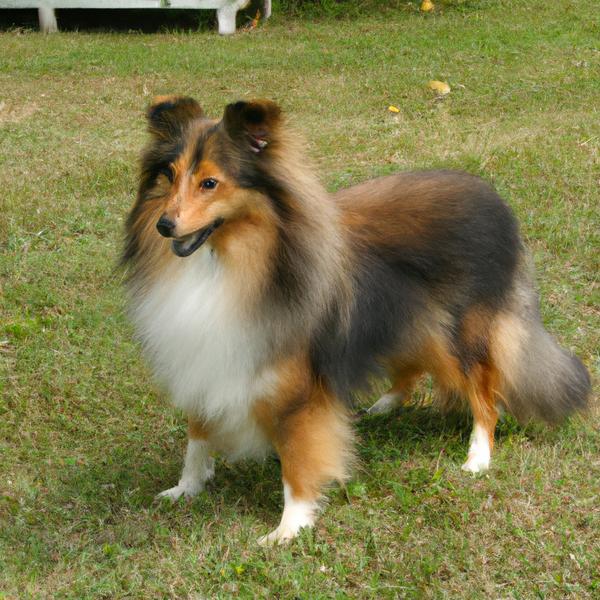
Sheltie Pin
Brusston vs Sheltie Pin
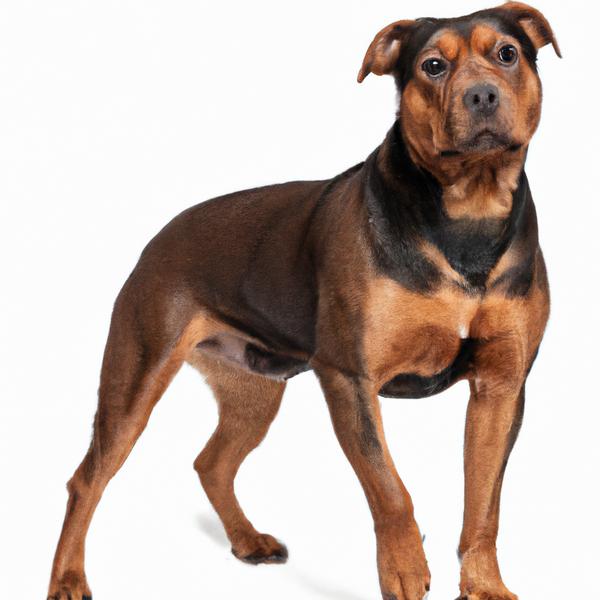
Pitweiler
Brusston vs Pitweiler
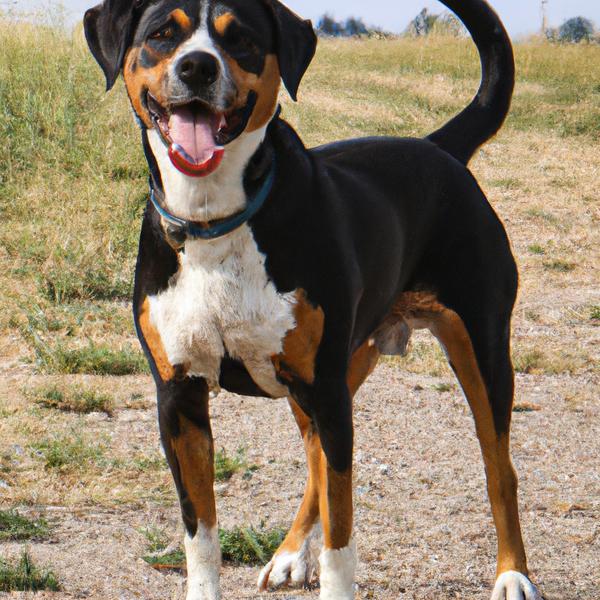
Entlebucher Pit
Brusston vs Entlebucher Pit
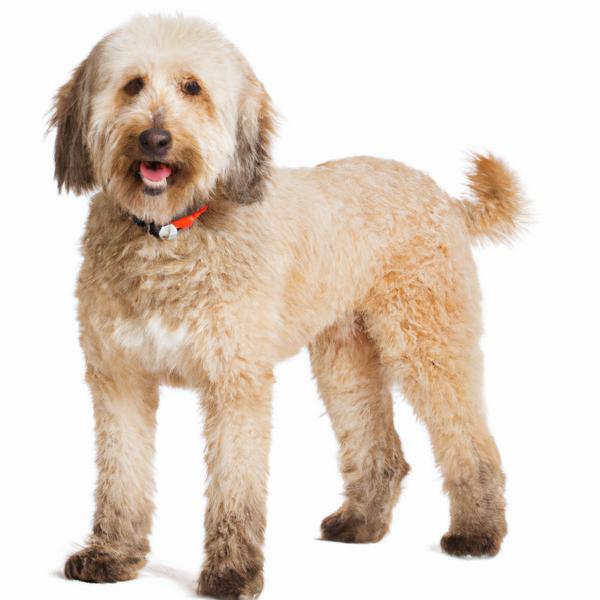
Terri-Poo
Brusston vs Terri-Poo
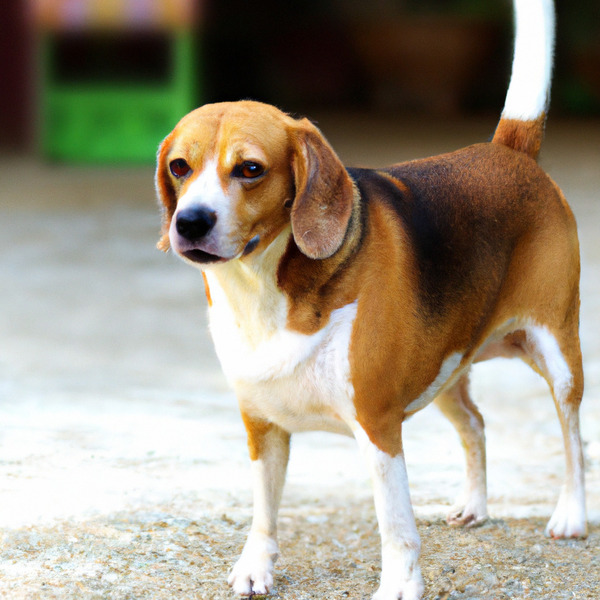
Beago
Brusston vs Beago

Clumber Lab
Brusston vs Clumber Lab
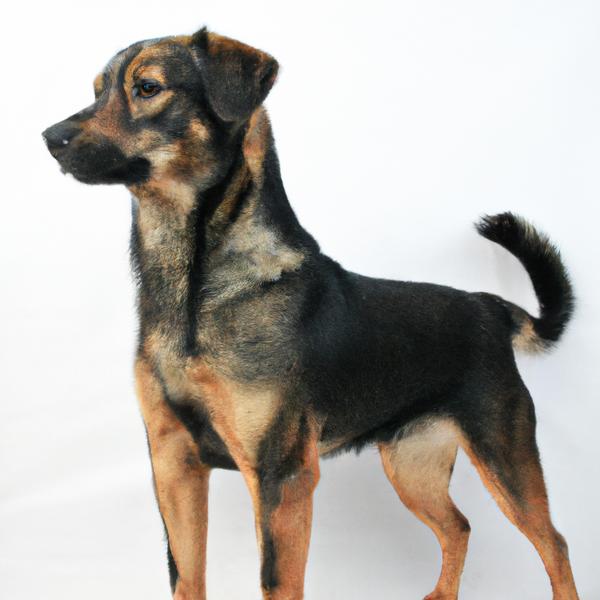
Chesador
Brusston vs Chesador
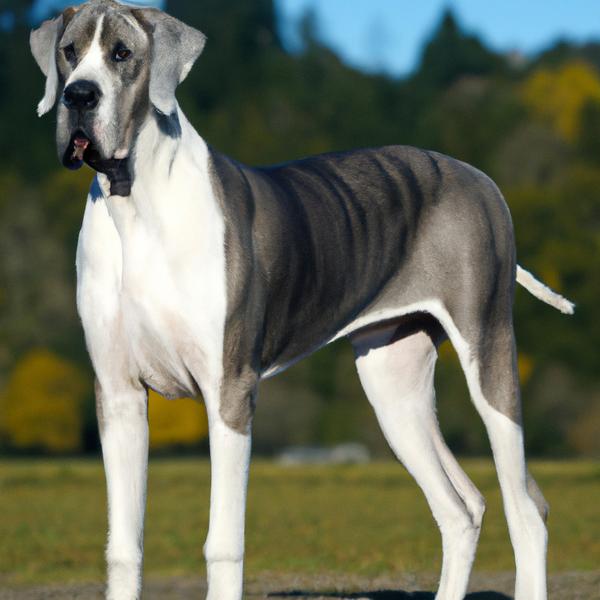
Greater Swiss Mountain Dane
Brusston vs Greater Swiss Mountain Dane
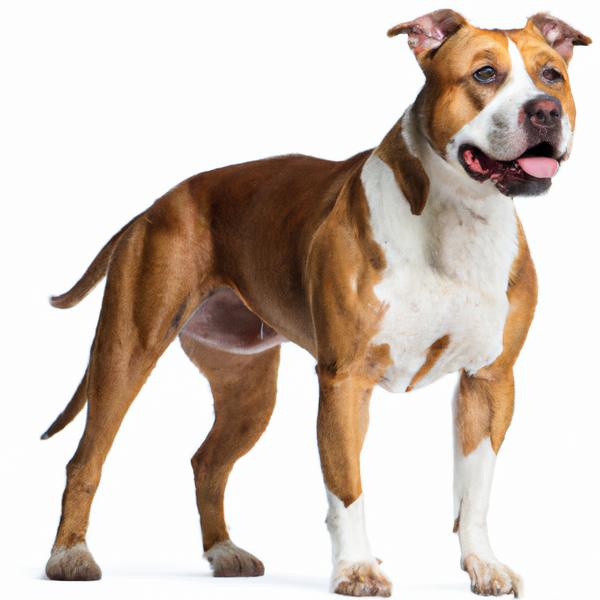
American Staffordshire Terrier
Brusston vs American Staffordshire Terrier
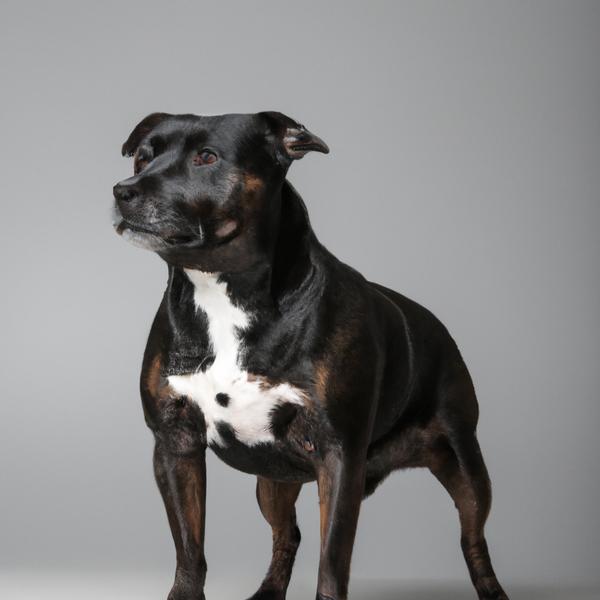
Staffordshire Bull Terrier
Brusston vs Staffordshire Bull Terrier
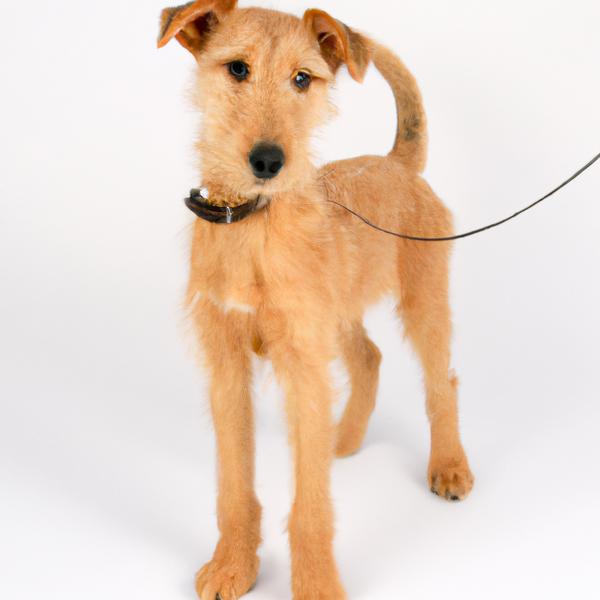
Wire Foxton
Brusston vs Wire Foxton
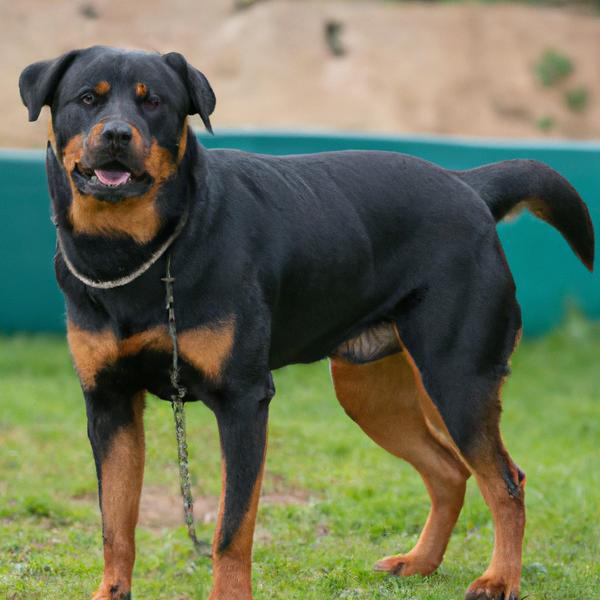
Rottie Shepherd
Brusston vs Rottie Shepherd
